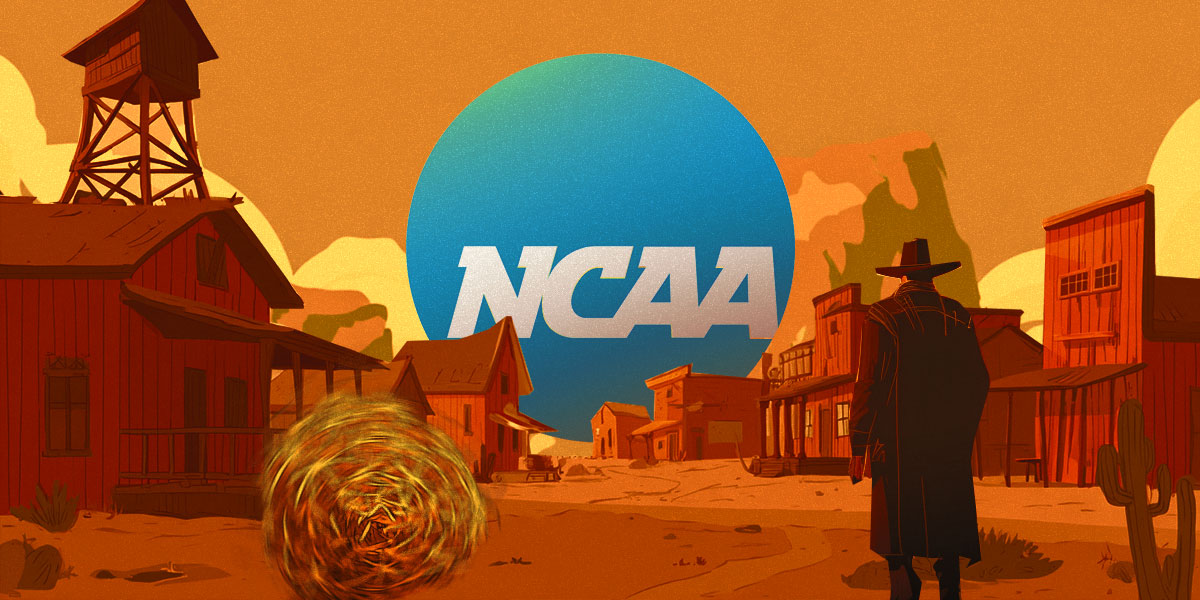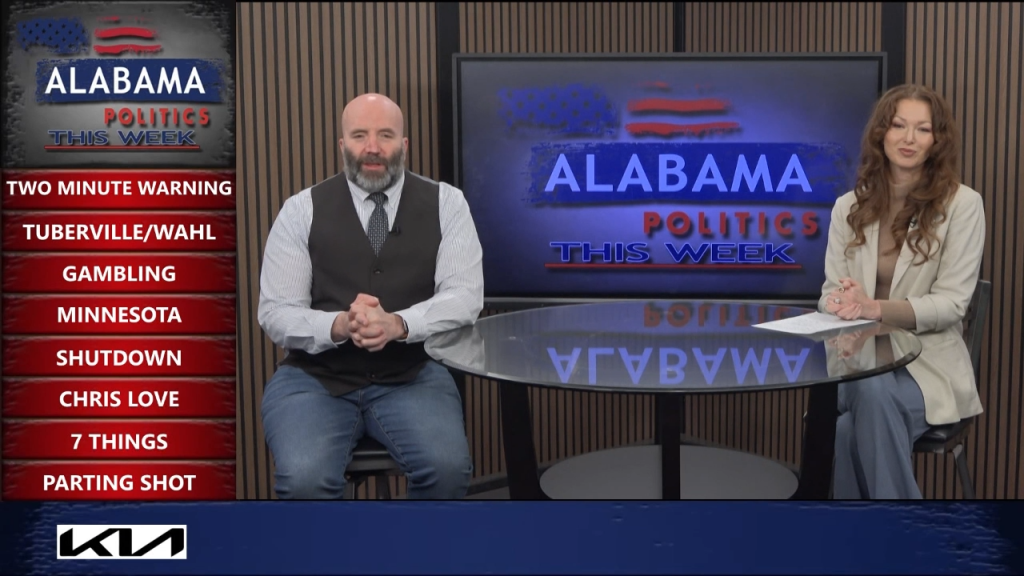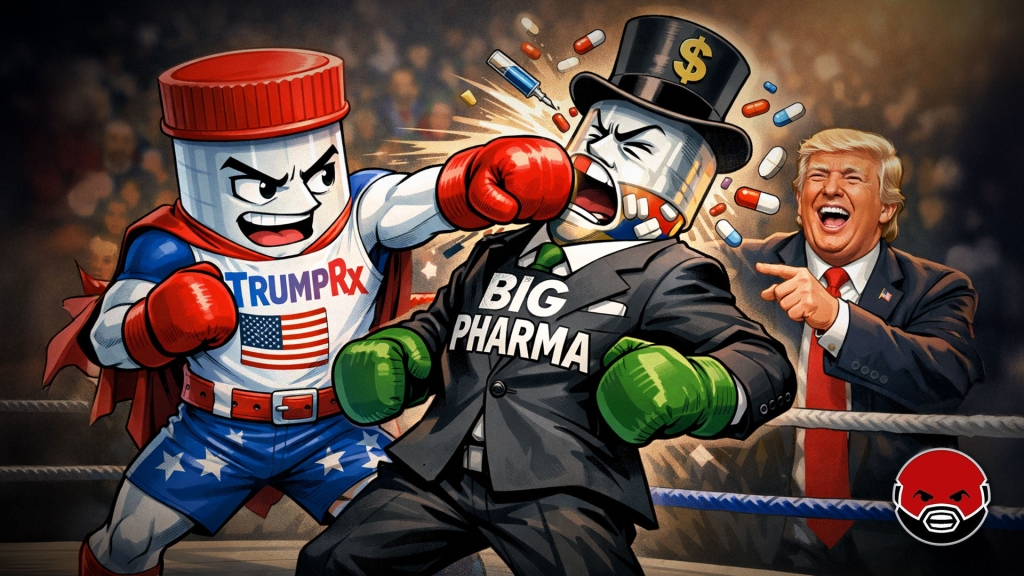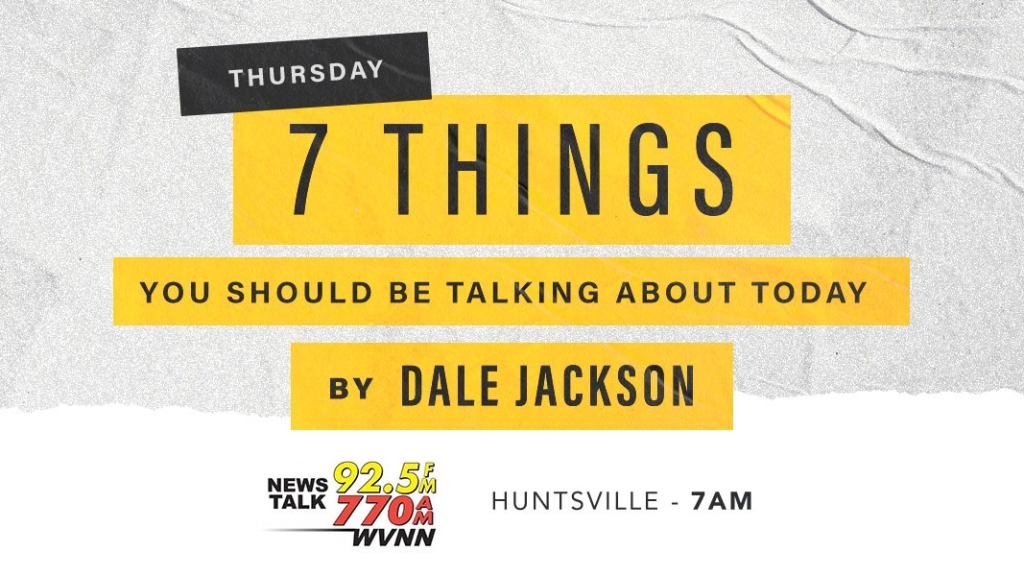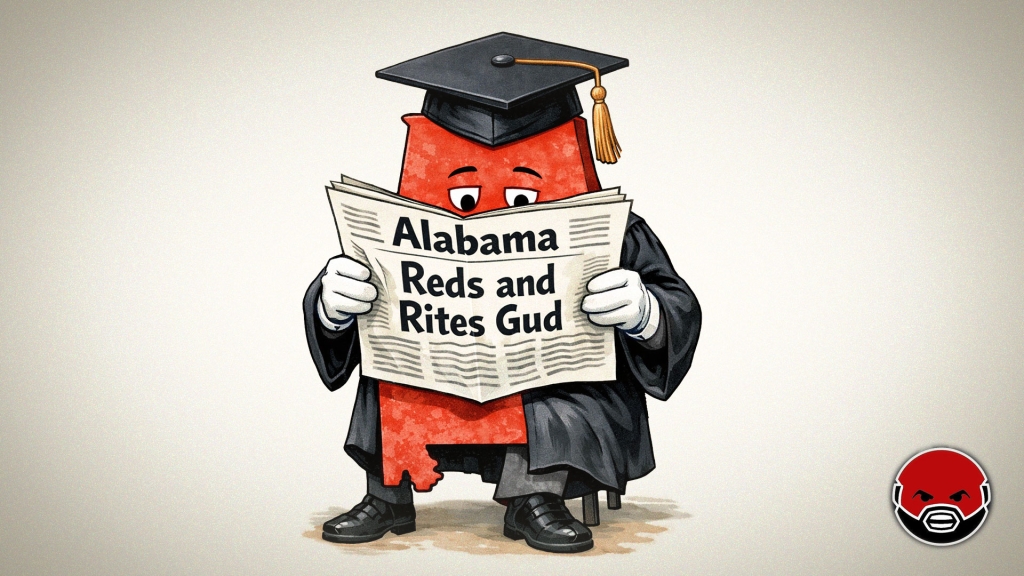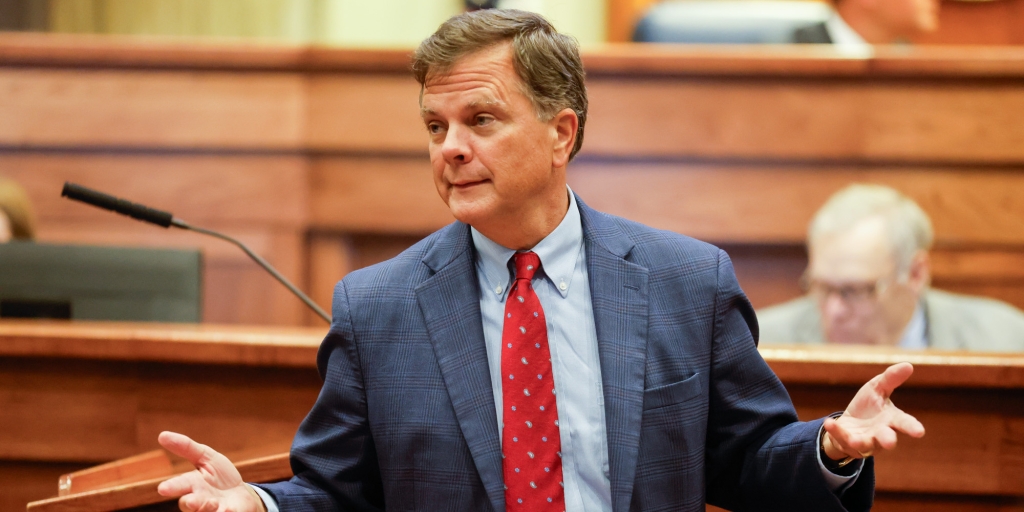For many decades, the NCAA mandated that scholarships and grants were the only compensation student-athletes were allowed to receive. This directive formed a key part of the philosophical bedrock of college sports for most of its history. Although the NCAA’s legal framework was challenged multiple times, the organization remained loyal to its guiding principles until the late 2010s.
It was then that pressure from state lawmakers and a high-profile legal defeat finally brought change. In 2019, California passed a law permitting athletes at the high school and college levels to capitalize on their name, image, and likeness rights, causing many states to do the same.
The NCAA subsequently announced that its student-athletes would eventually be afforded the same privileges in a manner consistent with the “collegiate model.” Two years later, the Supreme Court found that the NCAA’s compensation restrictions violated antitrust law, and on June 30th, 2021, the league adopted an interim policy that officially suspended its former rules.
The change ushered in several years of chaos. The NCAA erected a number of restrictions around the specific fashions in which athletes and schools could utilize NIL, but ensuing litigation stripped the organization of much of its enforcement power. A patchwork of state regulations sowed further disarray, creating an environment that lacked uniformity and gave certain universities advantages that their competitors weren’t privy to.
On the surface, the most turbulent years of this “Wild West” era appear to be in the rearview mirror, as the recent House v. NCAA settlement allows all Division I schools to directly share revenue with players, institutes an annual revenue sharing “salary cap” of $20.5 million, and establishes a framework for NIL deals that will be enforced by an independent agency.
RELATED: President Trump’s NIL commission reportedly on pause for now
However, the NCAA and its member schools do not collectively bargain with their athletes and lack an antitrust exemption, meaning the rules created by House can be challenged by future litigation on the grounds that they violate antitrust law as arbitrary restrictions that prevent athletes from receiving compensation equivalent to their true market value.
Wanting to avoid negotiating with athletes through collective bargaining, which would entail classifying them as employees, the NCAA has sought assistance from the federal government, consistently asking Congress to step in and pass legislation that would put enforcement authority back in its hands, give it an antitrust exemption, make it clear that athletes are not employees, and preempt all of the existing state-level NIL laws.
Over the last half-decade, numerous athlete compensation bills have been proposed, but none of them have made it to the floor of Congress. That could change in the coming weeks.
Last week, U.S. Rep. Shomari C. Figures (D-Mobile) announced that he was co-sponsoring a bill known as the Student Compensation and Opportunity through Rights and Endorsements (SCORE) Act.
Introduced by a bipartisan coalition of nine representatives, the Act passed a markup in the House Energy and Commerce subcommittee on Tuesday by a vote of 12-11 along party lines. It will now move on to a markup in front of the full House Energy and Commerce Committee and could also go through a markup in front of the House Committee on Education and the Workforce. If it makes it past these markups, the Act will progress to the House floor.
RELATED: Sen. Tuberville: ‘NIL has turned collegiate sports into the Wild West’
If signed into law, the Act would codify the provisions of the House settlement, enshrining in law athletes’ rights to earn money from their NIL.
It would also mark a significant victory for the NCAA, fulfilling the organization’s requests by eliminating the patchwork of state NIL laws and establishing a nationwide legal standard that could not be usurped by state laws, preventing college athletes from being considered employees, and giving the NCAA and its members an antitrust exemption, thus allowing them to craft their own transfer, compensation, and eligibility policies while eliminating the threat of future legal challenges to the rules.
In endorsing the Act, the NCAA stated that the changes instituted by the House settlement marked a step in the right direction but claimed that many of the reforms college sports need the most can only be put into place by the federal government.
“Student-athletes have consistently asked for meaningful reform, and this legislation is a step toward delivering on that request,” read a statement from the organization.
“The NCAA has made long-overdue changes, mandating health and wellness benefits and ushering in a new system for Division I programs to provide up to 50 percent of athletic department revenue to student-athletes, but some of the most important changes can only come from Congress. This bill reflects many student-athletes’ priorities, and the NCAA is committed to working with Congress to build a bipartisan path forward that ensures the long-term success of college sports and the ongoing opportunities they provide to young people.”
The Act is also endorsed by the Power 5 conferences, including the Southeastern Conference and its members. League commissioner Greg Sankey and University of Alabama athletic director Greg Byrne both expressed their support for the bill and thanked Figures for his efforts.
RELATED: NCAA, power conferences consider revenue sharing settlement
“I welcome the commitment of Representative Shomari Figures to support a sustainable future for college athletics,” Sankey said. “During this time of historic change, his efforts to provide clarity and stability to student-athletes, universities and the broader collegiate sports landscape are meaningful. We will continue building upon this momentum to deliver a national solution that athletes, coaches, and universities both need and deserve.”
“We sincerely thank Congressman Figures for leading a bipartisan solution for intercollegiate athletics that recognizes the importance of creating a long-term sustainable model that provides the best opportunity to preserve broad athletic opportunities for student-athletes for generations to come,” Byrne said.
If the Act passes the House, it would need seven Democratic votes to pass the Senate. Most members of the party have demonstrated their opposition to the bill, along with select Republicans. During Tuesday’s markup hearing, U.S. Rep. Lori Trahan (D-Massachusetts), one of the Act’s most outspoken critics, claimed that it will give the NCAA unfettered power over its athletes while not providing them adequate opportunities to represent themselves.
“It doesn’t feel pro-player, to me,” Trahan said. “It doesn’t feel like this is an extension of athletes’ rights. It feels like we’re putting a couple of modest player protections into a bill based on what we know right now, and not being able to revisit it later and not giving them tools to advocate for themselves.”
RELATED: Nick Saban, U.S. Senators want to regulate NIL before it’s too late
The players’ associations for Major League Soccer, Major League Baseball, the NFL, the NBA, and the NHL also released a statement in opposition to the bill’s provision that would grant the NCAA an antitrust exemption, claiming it would bar college athletes from negotiating for fair terms and compensation.
“Historically, antitrust exemptions have been used to set prices, limit wages, and restrict access to opportunities provided by open markets, all while shielding abuse from legal recourse,” the statement read. “It is not hard to imagine a situation where NCAA and its members collude to restrict revenue sharing and deny student athletes fair compensation with the confidence of immunity against legal action. Indeed, they have been doing exactly that for decades!”
Whether or not the Act gets signed into law, the White House intends to jump into the fray surrounding college sports in the near future. According to CBS News, President Trump is on the precipice of issuing an executive order establishing NIL “national standards.”
Trump has been friendly to the NCAA during his second term, stripping away a 2021 National Labor Relations Board memorandum that classified college athletes as employees.
However, it’s currently unclear what the contents of Trump’s order will be — executive orders do not have the power to deliver the antitrust exemption that the Act proposes.
Charles Vaughan is a contributing writer for Yellowhammer News.




